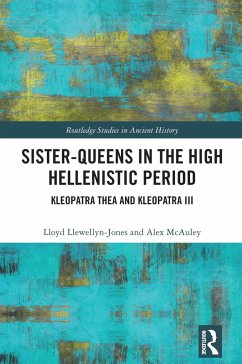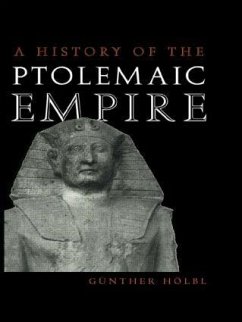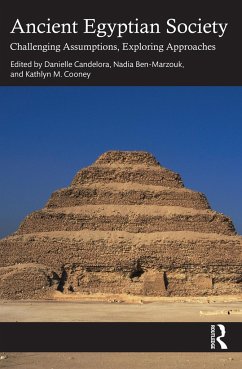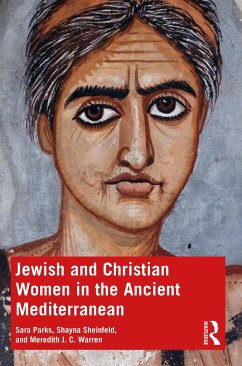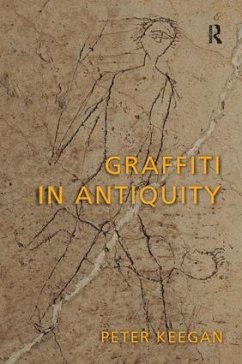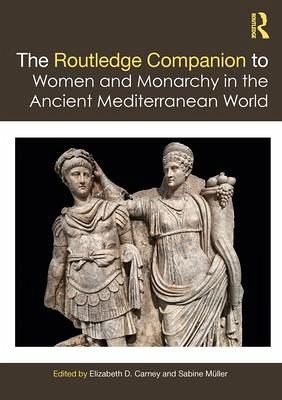
The Routledge Companion to Women and Monarchy in the Ancient Mediterranean World
Versandkostenfrei!
Versandfertig in 6-10 Tagen
48,99 €
inkl. MwSt.
Weitere Ausgaben:

PAYBACK Punkte
24 °P sammeln!
This volume offers the first comprehensive look at the role of women in the monarchies of the ancient Mediterranean. It consistently addresses certain issues across all dynasties: title; role in succession; the situation of mothers, wives, and daughters of kings; regnant and co-regnant women; role in cult and in dynastic image; and examines a sampling of the careers of individual women while placing them within broader contexts. Written by an international group of experts, this collection is based on the assumption that women played a fundamental role in ancient monarchy, that they were part ...
This volume offers the first comprehensive look at the role of women in the monarchies of the ancient Mediterranean. It consistently addresses certain issues across all dynasties: title; role in succession; the situation of mothers, wives, and daughters of kings; regnant and co-regnant women; role in cult and in dynastic image; and examines a sampling of the careers of individual women while placing them within broader contexts. Written by an international group of experts, this collection is based on the assumption that women played a fundamental role in ancient monarchy, that they were part of, not apart from it, and that it is necessary to understand their role to understand ancient monarchies. This is a crucial resource for anyone interested in the role of women in antiquity.





